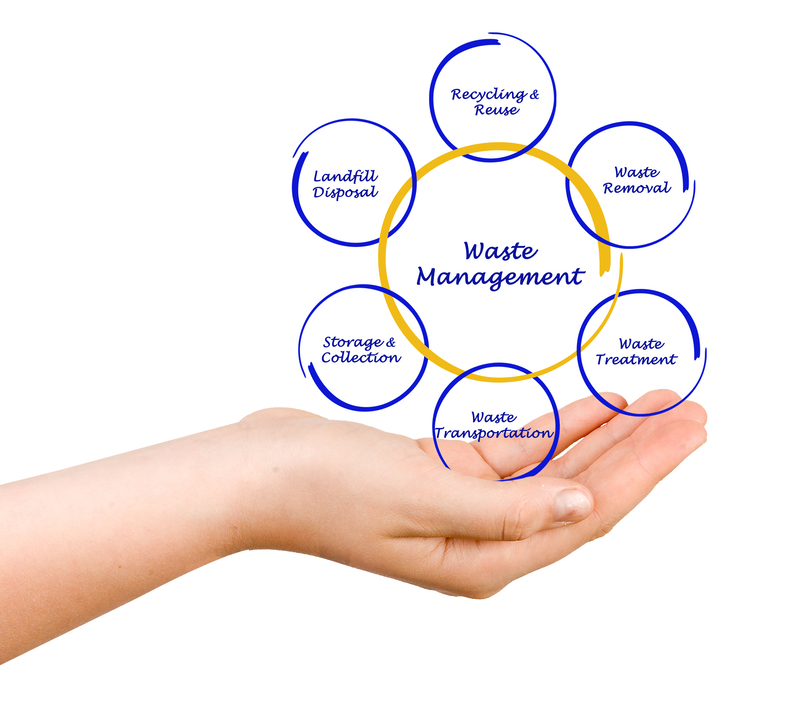Exploring the Energy Savings From Recycling Metals
In the pursuit of sustainable development and energy conservation, recycling metals plays a crucial role. The process of recycling metals not only conserves raw materials but also results in significant energy savings. This article delves into how metal recycling contributes to energy efficiency and environmental benefits, making it a vital component in modern industry and sustainability efforts.
The Importance of Metal Recycling
Metals are non-renewable resources with finite availability in nature. Once metal ore is extracted and processed, the raw materials for further production are reduced. Thus, recycling metals is imperative. Besides reducing the need for mining, recycling contributes substantially to energy conservation, making it an undeniable benefit to the environment and economy.
Understanding Energy Consumption in Metal Production
The production of metals, such as aluminum, steel, copper, and zinc, is energy-intensive. Traditional extraction and processing methods involve significant energy expenditure:
- Aluminum: Producing aluminum from bauxite ore is highly energy-demanding, consuming around 14,000 kWh per ton.
- Steel: Production from iron ore can consume approximately 20-50 GJ per ton.
- Copper: Extracting copper from its ores uses extensive energy resources, leading to substantial CO2 emissions.
Using recycled metals significantly reduces these energy demands.

Energy Savings Through Metal Recycling
Recycling metals leads to a substantial reduction in energy consumption. Here's a breakdown of how much energy is conserved when recycling key metals:
Recycling Aluminum: A Case Study
Recycling aluminum saves up to 95% of the energy required to produce it from raw ore. This drastic reduction in energy use is due to the fact that melting scrap aluminum requires significantly less energy than extracting it from bauxite through electrolysis. Moreover, recycling aluminum reduces CO2 emissions, aligning with global green energy objectives.
Financial and Ecological Impact of Steel Recycling
Steel recycling uses about 60% less energy than primary production from iron ore. By recycling, we also reduce emissions and conserve primary raw materials. The steel industry continually strives for circular methods to ensure that even the scrap from recycled materials is reused, further enhancing energy savings.
Copper Recycling: Efficient and Effective
Recycled copper uses around 85% less energy compared to primary production from ores. Efficient recycling allows manufacturers to maintain high-quality standards while minimizing the resource and energy footprint. This protects natural resources and minimizes environmental damage caused by traditional mining.
Other Benefits of Recycling Metals
While energy savings are significant, metal recycling offers several additional benefits:
- Reduction in Landfill Use: Recycling reduces the amount of waste sent to landfills.
- Conservation of Natural Resources: By recycling, we preserve natural habitats and reduce the need for mining.
- Economic Benefits: The recycling industry creates jobs and contributes to economic growth through material recovery and sales.
The Role of Technology in Enhancing Metal Recycling
Advanced technologies are pivotal in enhancing the efficiency and effectiveness of metal recycling. Here's how:
Innovative Sorting Techniques
Modern sorting technologies, such as artificial intelligence and machine learning, allow recyclers to efficiently sort different types of metals. This increases the purity of recycled materials, enhancing their marketability and reducing energy consumption in refining processes.
Improved Recycling Processes
Innovations in melting and refining processes improve energy efficiency. Specialized furnaces that consume less energy and produce fewer emissions are becoming standard in the recycling industry. These advancements make metal recycling more energy-efficient and feasible.

Challenges and Future Prospects
While metal recycling is beneficial, challenges remain:
- Contaminants and Impurities: These make recycling complex and often increase processing energy demands.
- Collection and Sorting: Efficient systems must be in place to ensure that metals are properly collected and sorted for recycling.
Nevertheless, the recycling industry is poised for growth, supported by government policies promoting sustainable practices and green technologies.
Conclusion
Metal recycling stands out as a key method in the journey towards energy conservation and sustainable development. By significantly reducing energy demands, preserving natural resources, and mitigating environmental impact, recycling supports global efforts towards a healthier, more sustainable future. As technology advances and awareness grows, the energy savings from recycling metals will play an even more crucial role in our world's energy landscape.